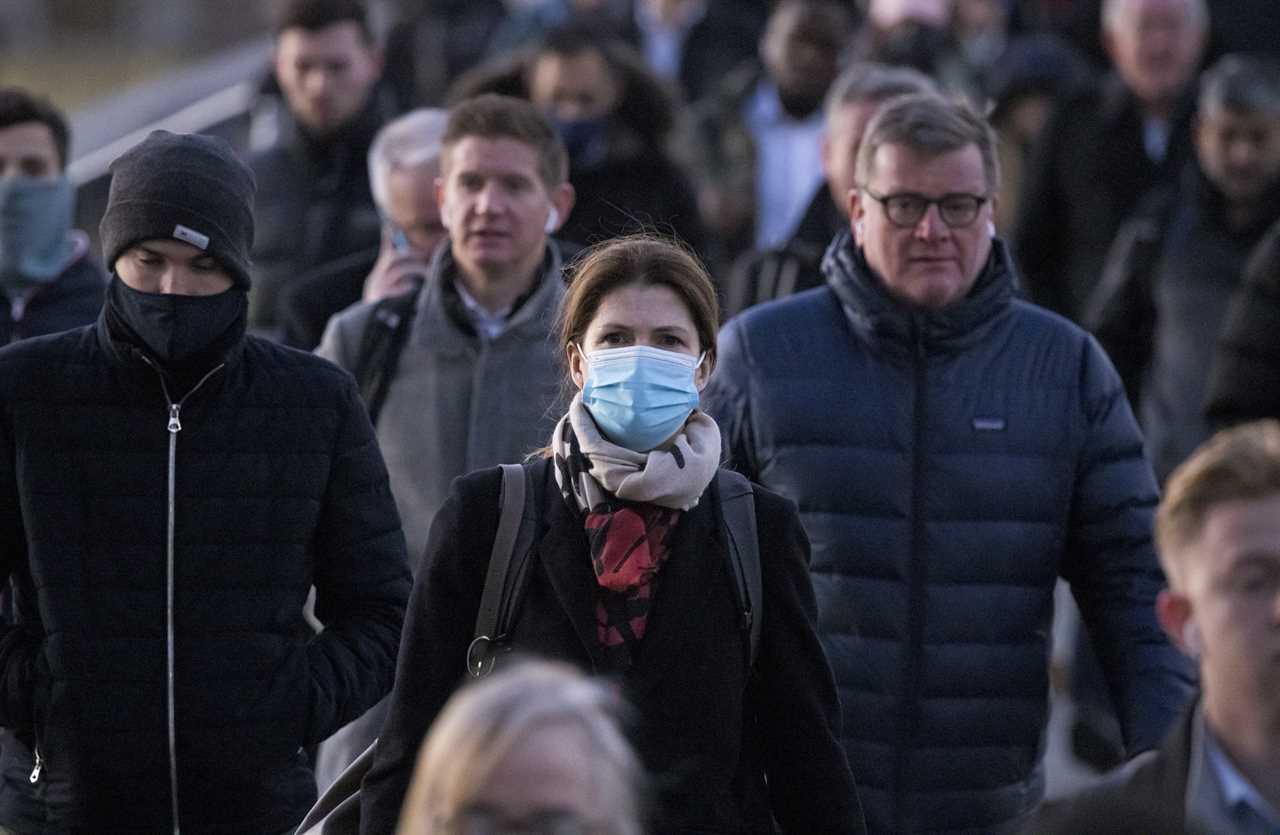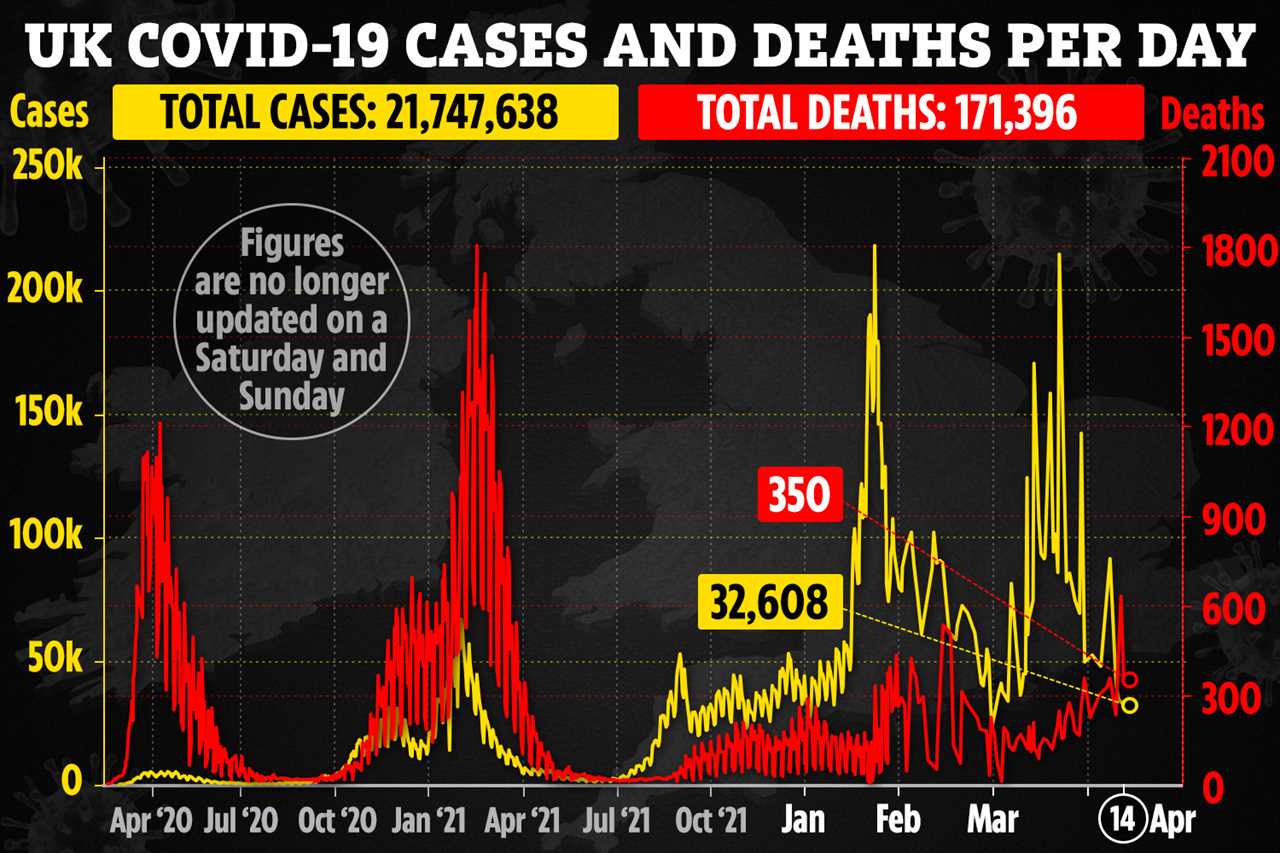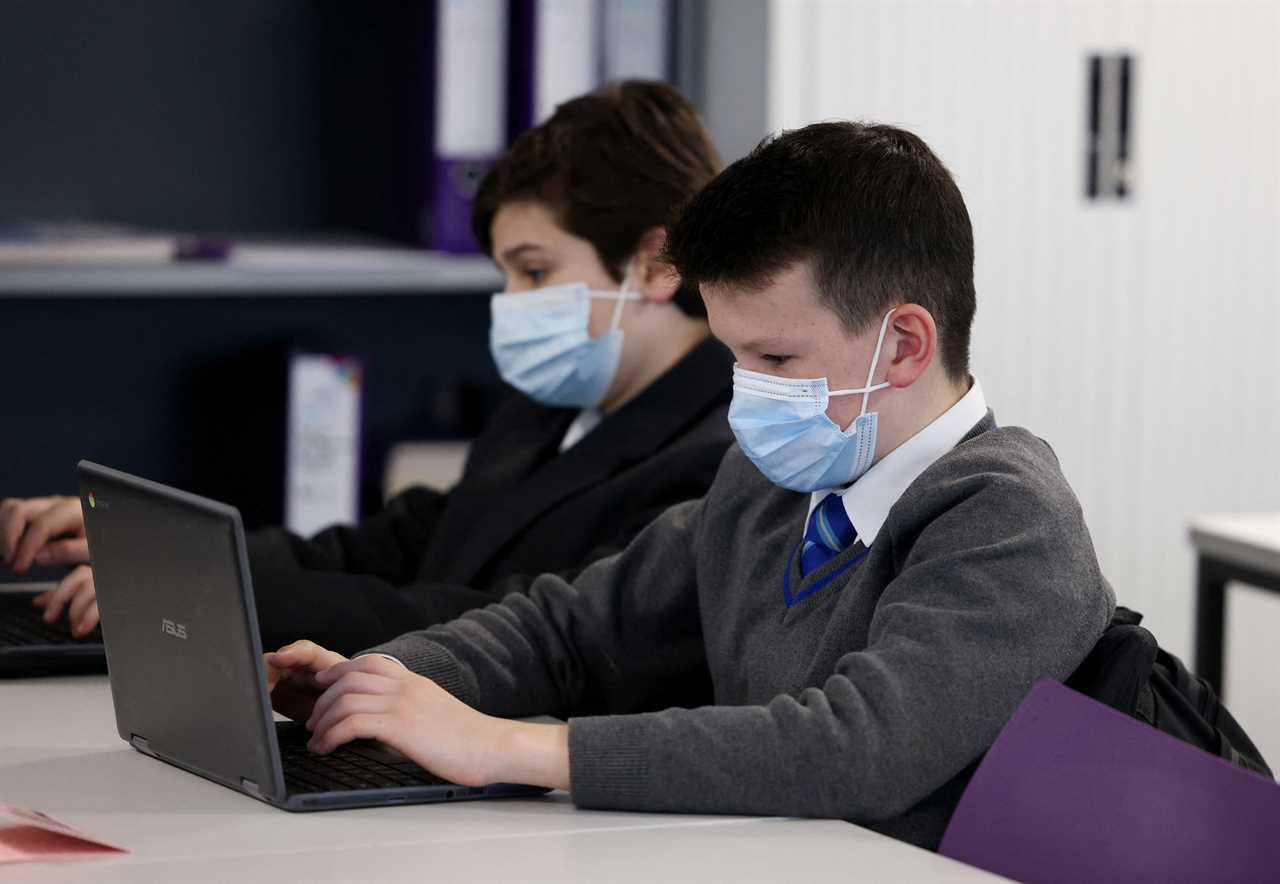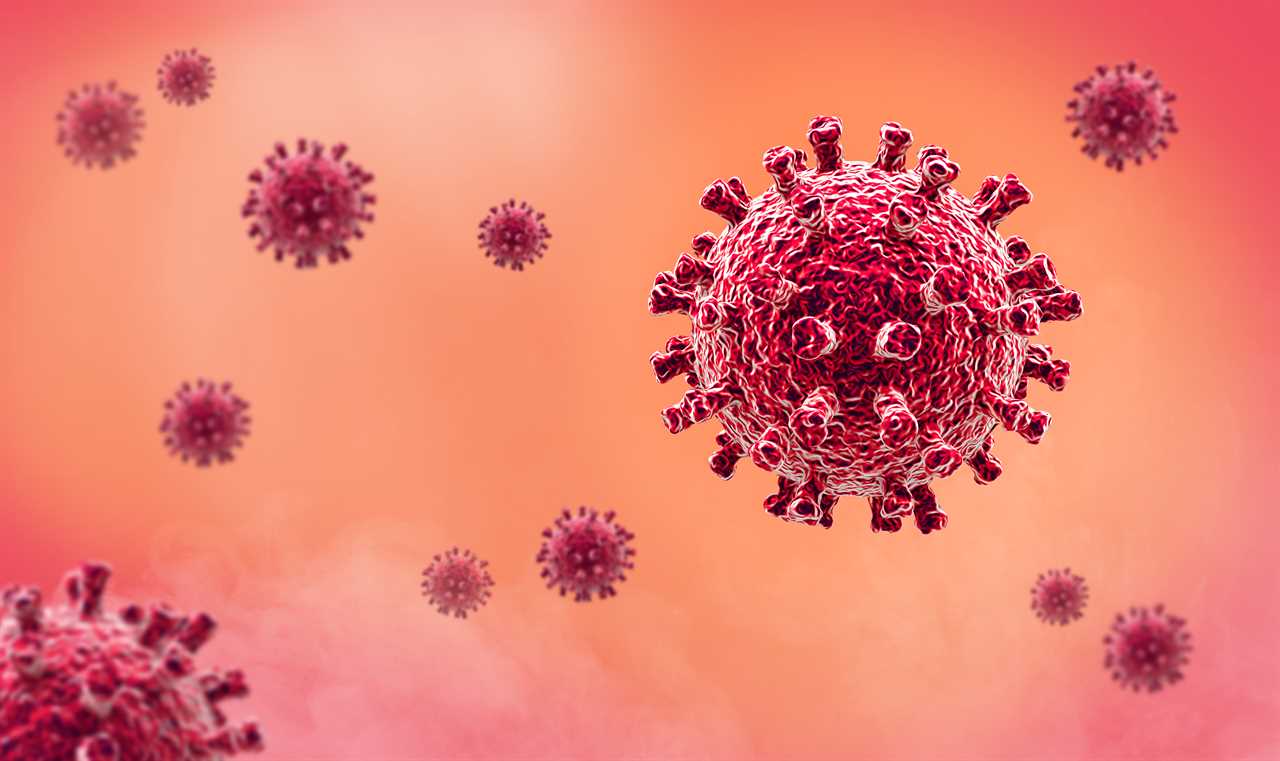ANYONE who had Covid within the last year could be at risk of a deadly side effect, a study .
The virus – although it feels very familiar now – is still a mystery in many respects.

While most people will bounce back from the illness, especially if vaccinated, scientists are still learning about any lingering effects.
And as Omicron is a milder strain it is not causing severe disease in the majority of people testing positive.
But a recent study found people who caught Covid were at higher risk of a number of conditions for the next 12 months.
Even those who didn’t have an illness severe enough to be hospitalised could develop problems.
Read more on Covid
Included in the list was blood clots, which can be life threatening if not treated quickly.
Any blood clots that form in arteries (arterial clots) or veins (venous clots) can be serious – especially if they then move into organs like the lungs or heart.
The research, published in Nature Medicine, warned long-term effects of Covid could be seen in the heart and vascular system.
These include cardiac arrest, heart failure, stroke, irregular heart rhythms, blood clots, blood vessel diseases and inflammation disorders.
The study found people who caught the virus faced a 72 per cent higher risk of heart failure after 12 months.
Experts looked at data for over 11 million US veterans, including 154,000 who had Covid.
They then estimated the risks within a year for about 20 cardiovascular diseases.
The researchers found those who had Covid a year before were at a significantly higher risk, compared to those who hadn’t had the bug.
It it worth noting, however, that the study period ended before vaccines were available.
So almost all of the veterans studied had not had a single jab when they caught Covid.
The risks still apply for people who have had Covid, but this research does not cover if vaccines lessen the potential of developing the 20 conditions.
It comes after another study found that those that battled the infection are more at risk of a life-threatening condition that already affects five million Brits.

They were 46 per cent more likely to develop type 2 diabetes for the first time in the year following a positive test.
The finding is true even for people who had less severe symptoms, or none at all.
Vaccines are the best line of defence, health bosses say, with a new study showing symptoms in the triple jabbed last on average half as long as a common cold.
Spring boosters are being dished out for certain groups in society, to keep their immunity high.
Free tests have now ended for the majority of people in England, with Brits being asked to be responsible with any illness that pops up.
Only the vulnerable, including those in high-risk jobs and with health conditions, will be eligible to pick up swabs without paying.
Read More on Trending In The News
Everyone else in England now has to pay around £1 for a single swab or a tenner for a pack, to check if they have the virus.
Covid isolation rules have now changed, too. Confirmed cases and people with symptoms are advised to stay at home for five days, when they are most infectious.










